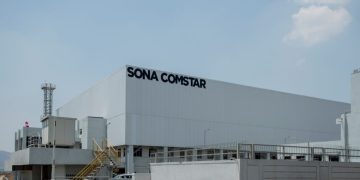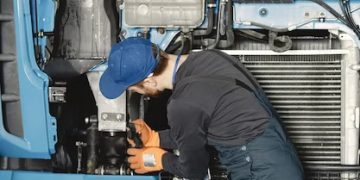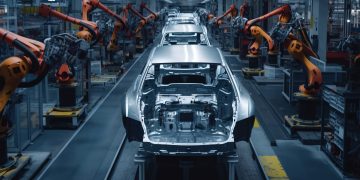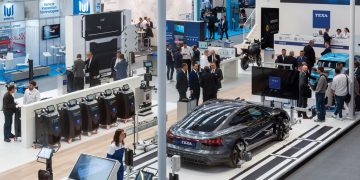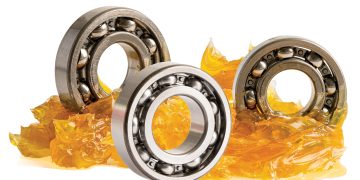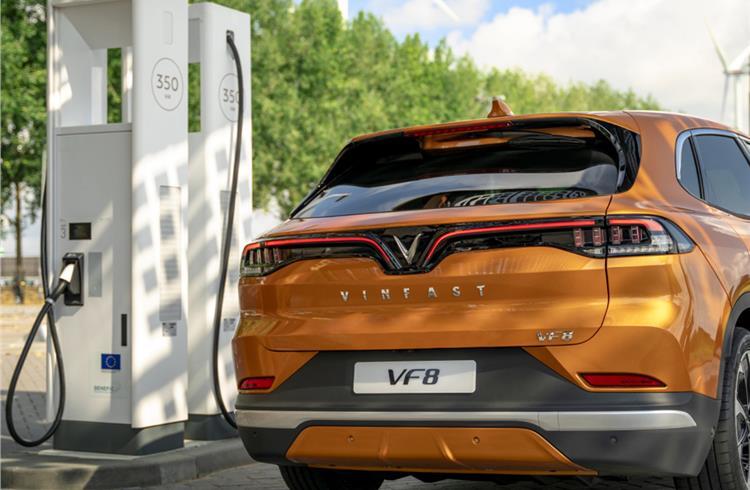Vietnamese electric vehicle manufacturer VinFast is exploring the Ford India factory in Chennai as part of its globalisation strategy. The company is also studying multiple other alternatives to set up an India manufacturing base.
VinFast’s strategy, which is likely to be a top-down approach, is to start India operations with completely built-up import units and knocked-down kits before moving to local manufacturing in the latter part of the decade.
The company is exploring a minimum of a 100,000-unit facility in India and has already explored multiple alternatives in Gujarat and Tamil Nadu. The plan is to go top down, but eventually products manufactured in India are likely to be in the core B segment where the majority of volumes may come from in the future.
VinFast plans to use India as a base for exports for right-hand drive markets in the latter part of the decade. The company has already launched its cars in the US and Europe, and its portfolio of EVs includes the VF e34, VF 8, VF 5, and VF 9 electric cars.
The VinFast VF 8 is an electric SUV made for global markets with a 5-seat configuration and two versions: Eco and Plus. The VF 8 Eco version is equipped with a 260 kW electric motor reaching a maximum torque of 500 Nm that sustains a range of up to 260 miles / 416km after each full charge. The VF 8 Plus version is equipped with a 300 kW electric motor reaching a maximum torque of 620Nm with a range of up to 248 miles / 400km.
VinFast’s move to make EVs in India is seen as a response to global investors pushing for a part of the booming electric car market, especially in low-cost, high-volume Asian cars from Chinese carmakers like BYD Auto, Great Wall Motors, and SAIC.
The sale of its Chennai plant will mark Ford’s complete manufacturing exit from India, even as it keeps the chances of brand re-entry alive through a CBU, CKD route.
- Latest
- Trending



































